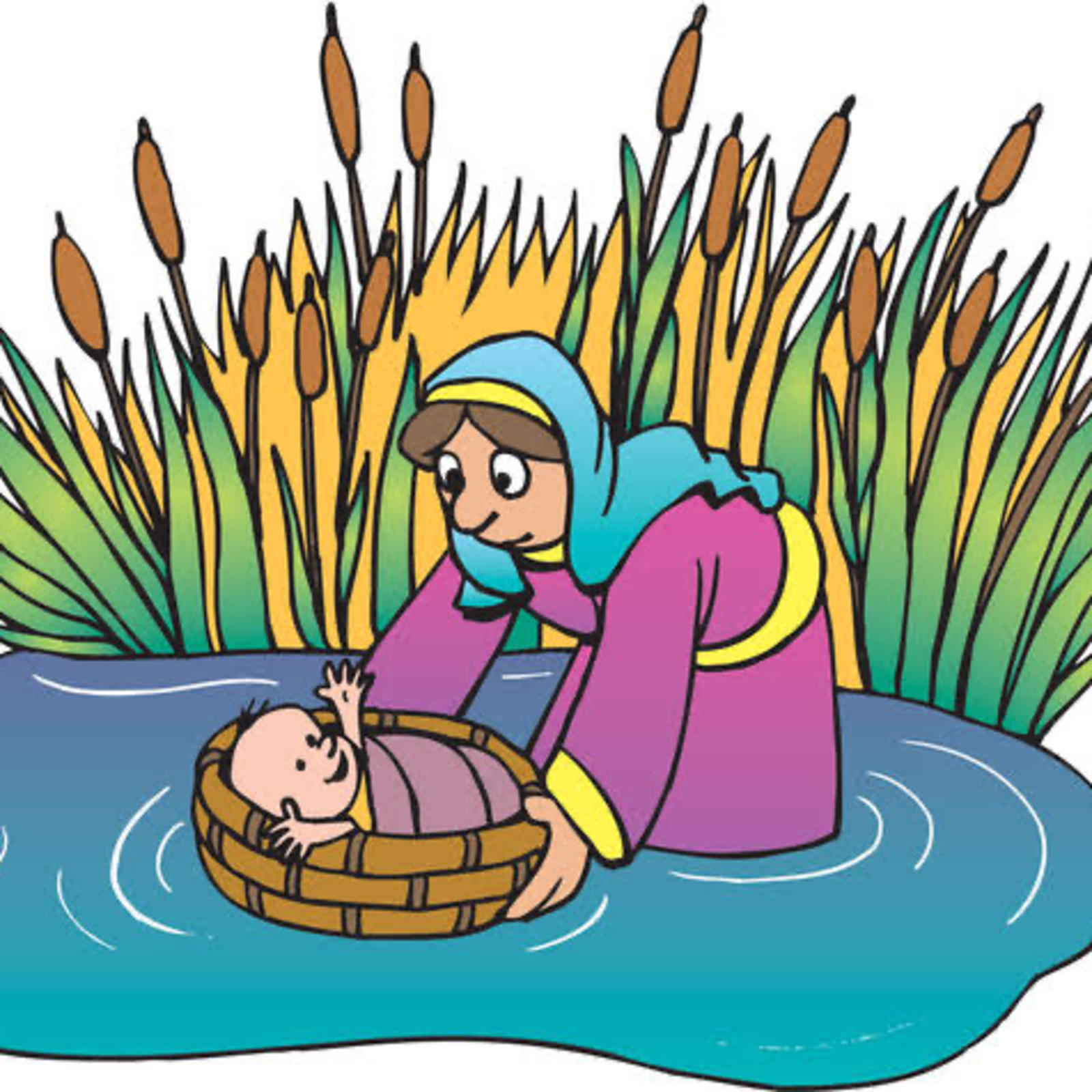The recordings are from two services; firstly an abridged version for Night Prayer on 15 November, and then the longer version for 19 November.
I often quail when I’m faced with a very familiar Gospel story to
preach on,
as I never know whether I shall be able to say
anything that you haven’t heard a million times before.
This
story is a very old friend –
most of us, I expect, have known
it since our nursery days.
Indeed, it is –
or used to be
–
often employed by teachers and so on to push children on to
practice and work hard.
If God has given you talents, they say,
then you must work to make the absolute very best of
them.
But, of course, it isn’t so much about talents in
that sense –
although it can be taken that way.
It’s
about money.
Or at least, in Jesus’ story it’s about
money.
I think it’s also about other things, too,
but
we’ll come to that in a minute.
A talent was serious
money back then.
Maybe about twenty years’ wages for your
average labourer;
maybe more.
Serious money.
So the
master was not messing about when he asked his slaves to look after
it for him.
One slave was given five talents, another two and
the third just one.
I suppose in these days they would be share
portfolios,
and the slaves would be young investment bankers or
stockbrokers or something like that.
In many ways, I
prefer Luke’s version of this story,
where each of the slaves
are given the same amount of money,
and come back with
different amounts.
But today we have Matthew’s version set in
the lectionary, so let’s go with that.
The master goes away,
for whatever reason, and shares out the money.
And then he goes
away, and doesn’t come back and doesn’t come back.
Maybe he
is away for months, maybe years, maybe even a decade or more:
the
text just says “A long time”.
And while he is away, things
happen.
The first and second servants both go into business for
themselves using their unexpected capital.
Perhaps they deal on
the stock exchange.
Perhaps they open up a business of some kind
–
a restaurant, say, or buying and selling houses.
We’re
just told they traded with their money.
I expect they made
themselves seriously rich, too.
They would have felt able to pay
themselves a good salary,
while all the time preserving and
adding to their Master’s capital.
But what of Number
3?
He’s quite comfortable already, thank you.
He has a
good, secure job;
he would really rather be employed by someone
than go into business for himself.
It doesn’t occur to him
that, of all the slaves,
he was the one chosen to see what he
would do,
whether he would have the courage to invest that
capital.
And in any event, he doesn’t have that sort of
courage.
Supposing something went wrong and he lost it all?
The
consequences don’t bear thinking about!
Better play safe.
Very
safe.
Not the bank –
not with the current banking crisis,
just look at Northern Rock!
Okay, maybe his money would be safe,
but he wouldn’t be comfortable thinking about it, just in
case it wasn’t.
Better just dig a hole in the ground and
pretend you’re planting carrots or potatoes.
So that’s what
he does;
the sort of moral equivalent of putting it into
old
sock under his mattress, or in his underwear drawer.
And he gets
on with his life.
And then, one day, the Master comes
back.
I wonder whether they had ever really expected that he
would,
or if they had almost forgotten they weren’t in it for
themselves.
And the first and the second servant come
swanning up with all the trappings of wealth –
chauffeur-driven
Rollers,
Philippe Patek watches,
Louis Vuitton
briefcases,
noses down in the latest top-of-the-range
smartphones,
and, finally, able to present the Master with
share certificates
and bank statements
and other
records of profit and loss to show him that they had each doubled
their investments.
The Master is delighted.
“Well
done, you good and faithful servant.” he says to each of
them.
“You’ve been faithful in little things” –
not
that little;
a “talent” was, as I said, serious money –
“now
you’ll be put in charge of great things.
Enter in to the joy
of your Master!”
And then along comes the third
servant.
On a pushbike.
And he presents his master with a
filthy dirty and rather crumpled envelope containing the original
bankers’ order.
“I couldn’t face it, Master!” he
explains.
“supposing it had all gone wrong
What would you
have said to me?
You’re very harsh, and you do like your
people to make you lots of money,
and I was too scared to
try.
So I have kept it safe, and here you are!”
And
the Master is seriously annoyed!
“Oh, look here!” he
said.
“So you didn’t want to play the stock market or start
a business, okay,
but couldn’t you at least have put it on
deposit somewhere for me,
so I could have had the
interest?
Just not good enough, I’m afraid.
Take him
away!”
This story takes place in God's country, the Kingdom of Heaven. I often think that Jesus struggles slightly when talking about the Kingdom,
trying to find an illustration that would
make sense to his hearers,
talking of the tiny grain of mustard
seed that grew to become
a huge shrub,
or the tiny bit of
yeast that was needed to make the dough rise.
And as I'm sure you know, these stories didn’t say to us quite what they said to
Jesus’ first hearers,
as mustard was a terrific weed, like
stinging-nettles,
and nobody in their right mind would plant it
deliberately.
And yeast –
or sourdough, more probably
–
was not really associated with people of God,
since
what you had at the holy feasts was unleavened bread,
which was
then, by association, considered slightly more “proper” than
ordinary bread.
And the thought of a woman baking it may well
have turned people up a bit –
women tended to be rather
“non-persons” in those days.
And, actually, it’s the
same here.
Particularly for the third slave –
you
what?
He should have put his money in the bank?
To
earn interest?
I
don’t think so!
Jewish people in that time and place took very
seriously the commandment that “thou shalt not lend out thy money
upon usury”.
So here is the master telling the slave that he
should have done just that?
Yikes!
So what does it
all mean?
This whole story comes in a section of teaching about
the End Times,
something we don’t really like to think about
these days.
Jesus has been saying that nobody, not even he,
knows the day and hour –
there will be all sorts of signs and
symbols and symbolism, but they don’t necessarily mean
anything.
And people will say “Oh, Jesus is coming on this
date,” or “the end of the world is coming on that
date”, but not to believe them.
He says nobody knows
when it will happen –
and these days, increasingly, it’s or
even if it will happen –
but the idea is to be
prepared.
“Who,” Jesus asks,
“are faithful and wise
servants?
Who are the ones the master will put in charge of
giving the other servants their food supplies at the proper
time?
Servants are fortunate if their master comes and finds
them doing their job.
You may be sure that a servant who is
always faithful will be put in charge of everything the master
owns.”
And the Gospel for last week –
although
you may not have thought about it as it was Remembrance Day –
was
the story of the wise and foolish virgins,
and whether you
would rather be with the wise virgins in the light,
or the
foolish virgins in the dark....
well, not quite that, but you
know what I mean.
Again, the sensible girls were prepared and
ready –
the silly ones hadn’t even thought they might need
to light lamps if it got late.
So again, Jesus is trying
to draw pictures of things that don’t go into words very well;
he’s
trying to make his hearers understand what it’s going to be like,
when he himself doesn’t have a very clear picture of it.
But
one thing he does know –
we need to live as if he were never
coming back,
but be prepared for him to return any second
now!
It’s one of those Christian paradoxes that our faith is
so full of.
It’s not just about what we do with our
money, or with our time –
although obviously we need to make
sure we are good stewards of both.
It’s maybe more, I think,
about what we do with our relationship with God.
We are
all, I expect, Christians here;
all people who enjoy a
reciprocal relationship with their Creator.
And some people make
the most of it!
Most of us do, I am quite sure.
We make a
point of learning who we are, so we can be honest with God,
we
make a point of learning from the Bible who God is,
and making
a point of developing the relationship by spending time with God each
day.
We don’t find it easy –
nothing worthwhile ever is
easy –
and, of course, the ones who are really expert at it
tend to make it look easy, which tends to make us feel
inadequate.
But, of course, most of what we do to grow as a
Christian is actually done by God;
our job is to be open to
being grown –
and to use the “means of grace” that we have
been given to do that.
But there are others around –
not
here, I don’t suppose, not for one moment –
but I’m sure
we know people who joyously responded to God’s call upon their life
–
and then got stuck.
Didn’t grow, didn’t, maybe,
even want to grow and change.
Stayed as baby Christians, still
drinking milk when they should have been weaned on to meat, as St
Paul puts it.
And maybe, one day, they will have to explain
themselves, too.
“You had all these opportunities to become
the person you were meant to be, but you wasted them.
Why?”
The
good slaves, in this story, took what they were given and doubled
it.
The bad one didn’t want to know, and buried his
money.
It’s a picture –
and only a picture –
and
must be taken alongside the other pictures we have of the end
times.
But nevertheless, it is a picture we probably need to
take seriously.
We need to allow God to work in us, to make us
the people we have the potential to be, and maybe even to make us
more than that.
We need to become what we can become, in
God.
Much has been given to us already;
now we need to be
open to God working in us.
Amen.







